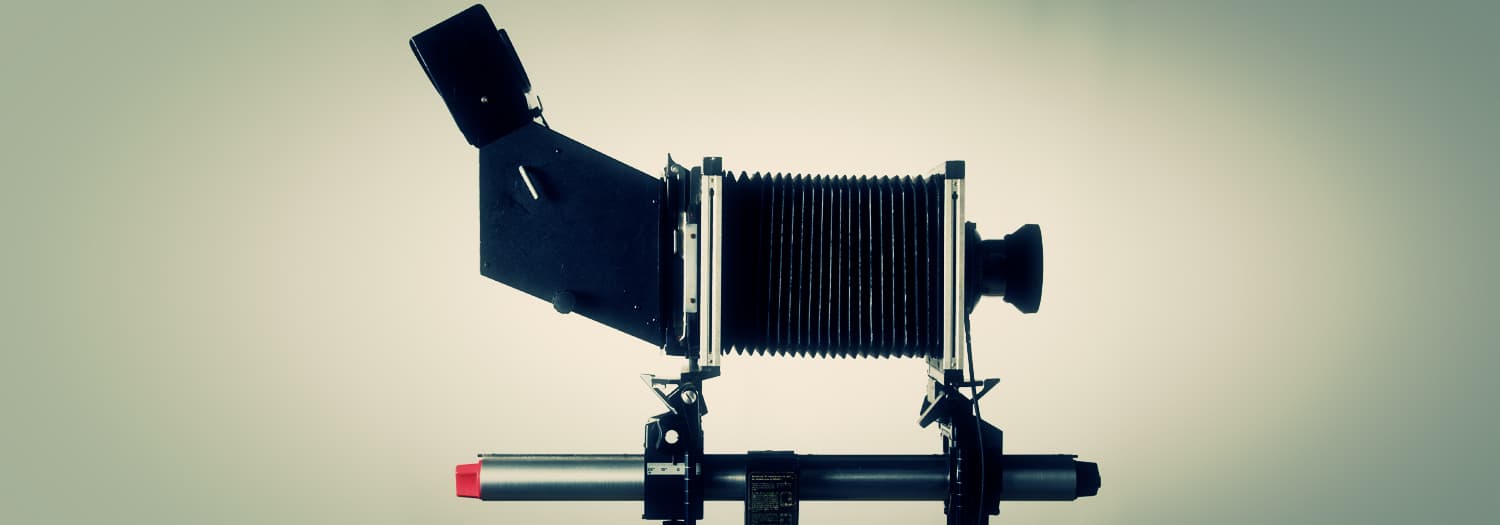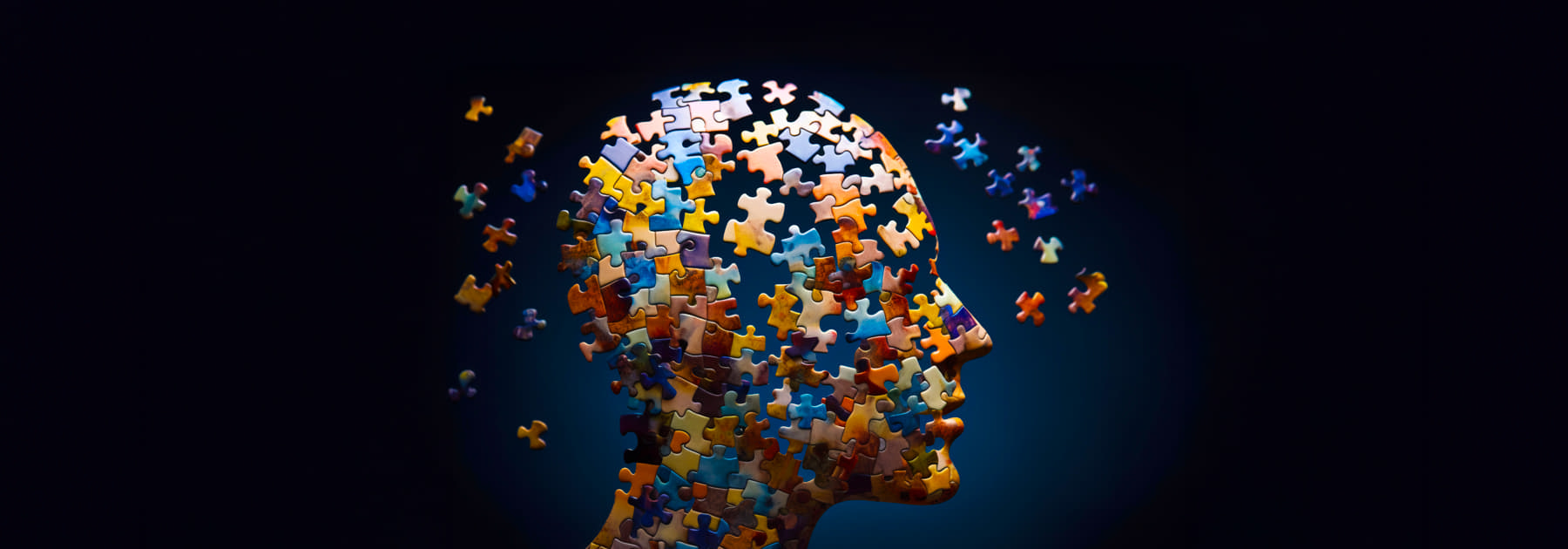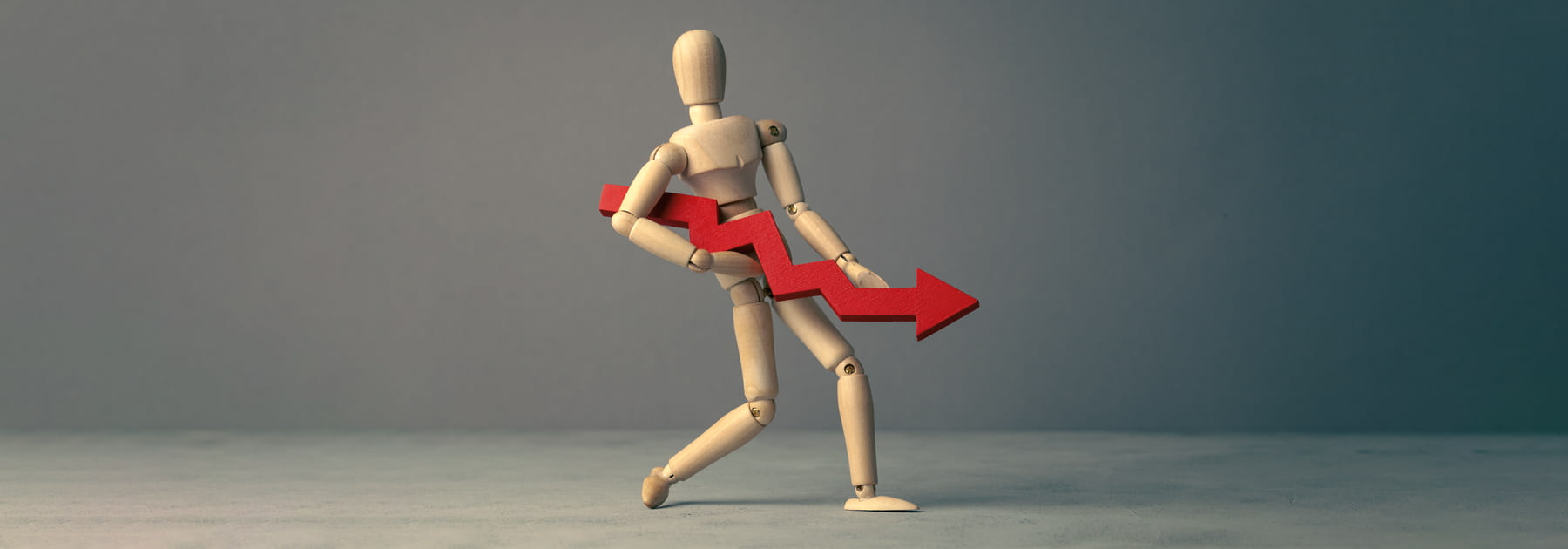
From 1987 to 1992 I founded and ran a media production company. Primarily focused on commercial and advertising photography, we mainly did press and billboard ads, calendars, annual reports and a bit of TV commercial stuff.
We worked with big-name clients such as Nestlé, BAT, Proctor and Gamble and Ford Motor Company.
The company was pretty successful – the last year that I was involved the business had a turnover of more than $1m. And that was with just four of us.
We worked, in the majority of cases, with advertising agencies. Over the course of those five years I did some crazy stuff. Dangling 10 feet out of helicopters, manually retouching each frame of motion picture film to create a special effect because it couldn’t be done in software at the time, stuff like that. I photographed fashion models, titans of business, and even the occasional movie star.
I was happiest in the studio, rather than on location. Being able to control light and shadow, set design, and so on. My ‘weapon of choice’ was most often 5×4 or 10×8 view cameras, like the one at the top of this page. My Sinar P2 was one of my most treasured possessions, which I still keep with me to this day. It holds many memories.
Delivering In More Ways Than Just Business
The thing was, I was never that great as a photographer.
I certainly wasn’t bad, but there were people around who were better. Much better. My stuff was always approved by the agency’s art director, and the client. The images were in focus (when they needed to be) technically well lit, and correctly exposed (remember that we’re talking about a time when everyone was shooting with film – there was no such thing as digital photography). But I always knew that I wasn’t that good.
So how did I get so much photography business, even when (during the early 90s) the world fell into recession?
I didn’t realize it at the time, but it was because I made it as easy as I could for my clients to do business with me. Not just in terms of being easy to contact, being easy to work with during the shoot, or being flexible on pricing. I went further than that. It eventually got to the point where clients actively seeked me out, and looked forward to working with me.
Making Business Easy For Your Customers
What did I do differently to the other, more talented, photographers competing for the same gigs? All kinds of things.
When my contemporaries would arrange a fashion shoot, they would force the models to turn up and look their best at eight o’clock in the morning. At the time – and probably still today – 8.00am isn’t something that many fashion models understand (unless it’s the time they come back home from the party the night before).
So rather than schedule fashion shoots in the morning, I’d organize things to kick off at 9.00pm. The result? Happier models, better photos, and therefore repeat client business.
There were other examples. After shooting an image that followed the creative brief, I’d spend my own time redoing the shot in a way I thought would better convey the client’s message. Sometimes the client would pick my new idea over the original agency creative, but more often they wouldn’t – but that was OK. I had given them a choice they wouldn’t have had otherwise, and they appreciated that.
I would work with junior art directors for free, helping them to realize ad layouts or TV storyboards. I’d sit in on strategy and planning meetings providing input on art direction, brand articulation, and design. I would even present ad pitches to a client on behalf of the ad agency.
I didn’t do all of this hoping that the individuals concerned would feel like they ‘owed’ me something and so give me more commissions. There wasn’t any Jab Jab Jab, Right Hook ulterior motive in my actions. I did it selflessly and honestly, purely for the pleasure of doing it. As a result my professional reputation grew, and the company blossomed. As Steve Martin said, Being So Good They Can’t Ignore You.
Being So Good They Can’t Ignore You
Why should your customers choose you, as opposed to someone else? However you’ve answered that question can be called your competitive advantage.
But how do customers make their choice? It’s not a purely logical one. If it were, ads would simply be a set of bullet points – you wouldn’t need to do anything more.
Buyer decisions are made based upon a combination of tangible criteria – looks, price, features, and so on – as well as a healthy dose of human emotion. Doing one of those things may get you noticed. But doing more than one will definitely put you on their radar.
What are YOU doing to make it easier for your customers to do business with you?
Image © Guillaume Piolle / CC BY 3.0
ABOUT THE AUTHOR

Gee Ranasinha is CEO and founder of KEXINO. He's been a marketer since the days of 56K modems and AOL CDs, and lectures on marketing and behavioral economics at two European business schools. An international speaker at various conferences and events, Gee was noted as one of the top 100 global business influencers by sage.com (those wonderful people who make financial software).
Originally from London, today Gee lives in a world of his own in Strasbourg, France, tolerated by his wife and teenage son.
Find out more about Gee at kexino.com/gee-ranasinha. Follow him on on LinkedIn at linkedin.com/in/ranasinha or Instagram at instagram.com/wearekexino.
Recent articles:
How Behavioral Science Thinking Improves Marketing Effectiveness

Dark Social: The Hidden Conversations Marketers Can’t See

Marketing In A Recession: How To Weather The Storm

How To Convince A Marketing Skeptic

Privacy Protection: Why Ad Tracking Must End

Marketing Isn’t About Being Brave: It’s About Being Effective

